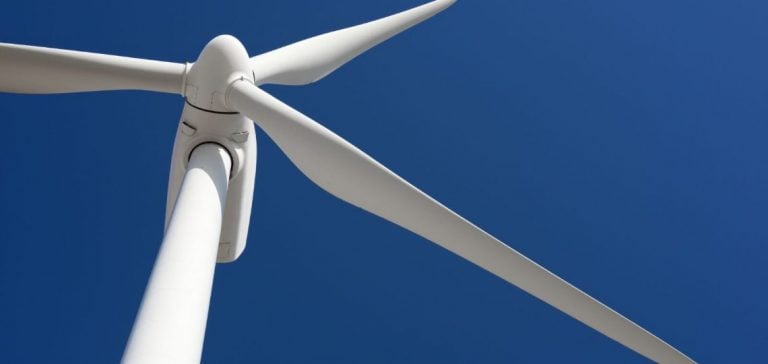The Philippine Board of Investments (BOI) recently granted the Green Lane Certification to Copenhagen Energy for its BuhaWind projects. This certification allows the company to significantly reduce the administrative delays associated with obtaining the necessary permits for energy infrastructure construction. The three BuhaWind projects, focused on developing wind farms in the Philippines, represent a major advancement in the country’s energy strategy.
Context and Importance
The Green Lane Certification was implemented by the Philippine Board of Investments to boost the rapid development of critical infrastructure, particularly those related to renewable energy. It aims to streamline procedures for projects deemed essential for the country’s economic development. By obtaining this certification, Copenhagen Energy positions itself as a key player in the Philippines’ energy transition, a country aiming to reduce its reliance on fossil fuels.
The BuhaWind Projects
Copenhagen Energy’s BuhaWind projects leverage the strong wind potential of the Philippine coasts. With a geography favorable to winds, these projects could transform the local energy landscape by providing a large-scale renewable energy source. The Green Lane Certification allows for an accelerated implementation, a crucial step to meet the growing demand for clean energy.
Benefits of the Green Lane Certification
This certification not only reduces administrative delays but also attracts international investments. Being recognized by the Philippine government, Copenhagen Energy gains enhanced credibility. This helps reassure investors about the feasibility and speed of execution of the projects. This recognition also encourages other companies to engage in similar projects, thus supporting the country’s sustainability goals.
Outlook for Renewable Energy in the Philippines
The Philippine government has implemented a series of initiatives to increase the share of renewable energy in the country’s energy mix. Aiming for 50% renewable energy production by 2040, the Philippines is relying on projects like BuhaWind to achieve this goal. The Green Lane certification is part of this strategy, facilitating the rise of green energy projects across the country.






















